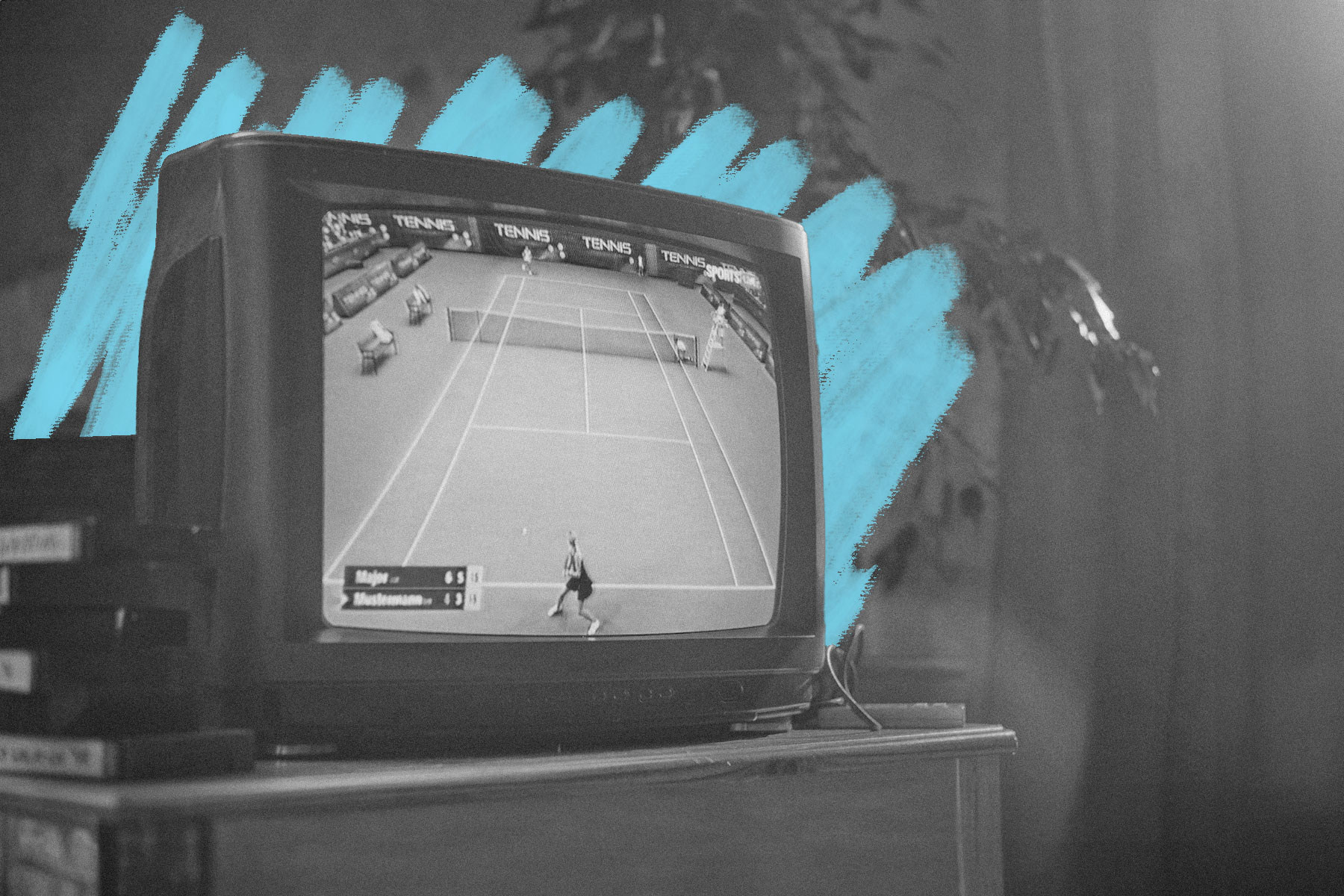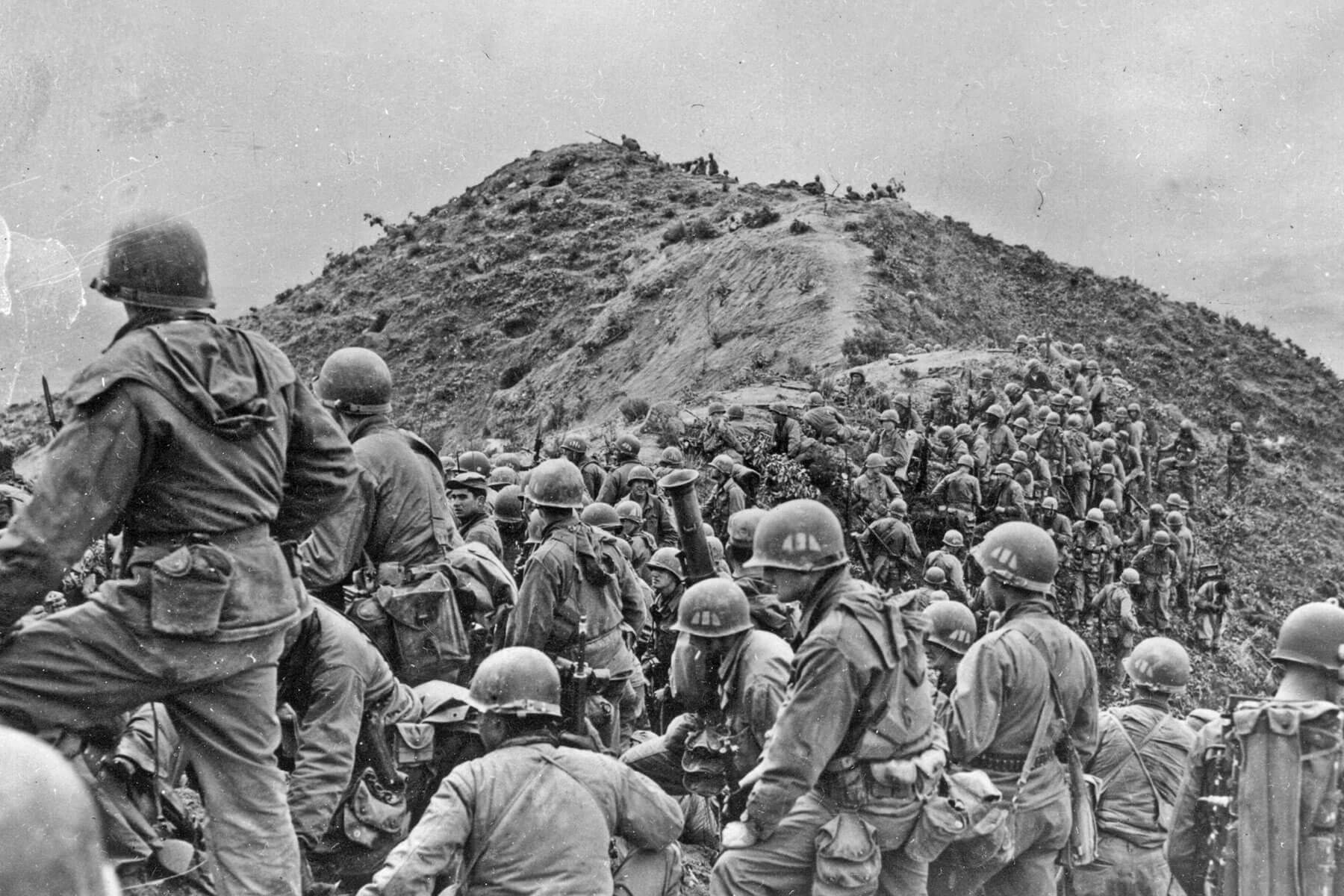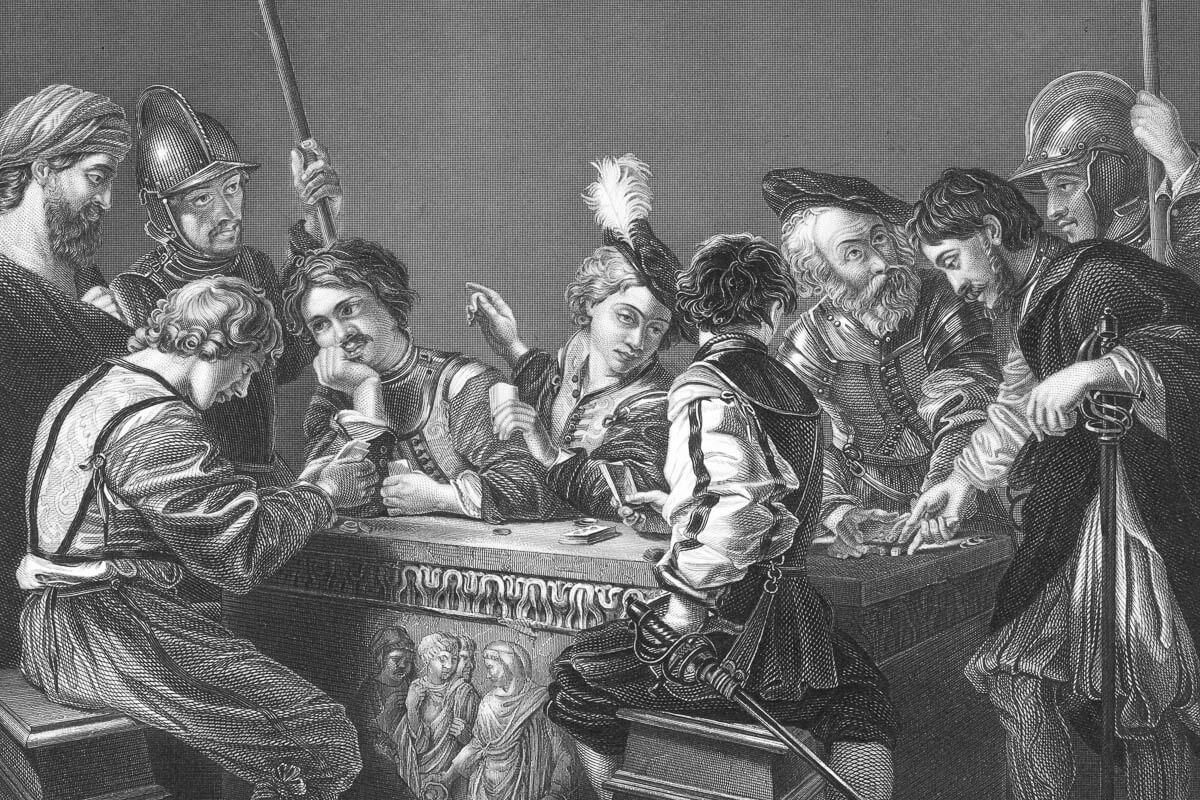Tennis balls used to be this color
Tuesday, February 27, 2024
By the early 1970s, many television networks had made the transition from broadcasting in black and white to color, and an increasing number of households were upgrading their TV sets to take advantage. |
| |
| |
|
 |
|
| B y the early 1970s, many television networks had made the transition from broadcasting in black and white to color, and an increasing number of households were upgrading their TV sets to take advantage. The new technology offered a more immersive and entertaining experience; it also, in one case, presented an opportunity for innovation in sports. In 1972, neon-yellow tennis balls as we know them today were introduced to the sport in order to be more visible on color TV sets. The vibrant hue was selected after a study conducted by the International Tennis Federation (ITF) found that the bright shade of yellow — known officially as "optic yellow" — made it easier for viewers at home to follow the action on their screens. |
|
|
| Historically, tennis balls had been either white or black (depending on the color of the courts), but when broadcast in color, white balls were more difficult to track. Even after the introduction of yellow balls, however, white balls were still allowed, and Wimbledon, the oldest tennis tournament in the world, didn't make the switch. This was despite the fact that the prestigious sporting event had been broadcast in color since 1967, when legendary BBC broadcaster David Attenborough oversaw the company's switch from black and white. It took another 14 years until the tournament got with the times, and in 1986, Wimbledon finally adopted optic yellow tennis balls. |
|
 |  |
|
| Thank you for supporting our advertisers! |
|
| |
|
 |
|
By the Numbers |
|
| Wimbledon titles won by Serena Williams | | | 7 |
| | | Average serve speed (in miles per hour) for male tennis pros | | | 120 |
| | | Average serve speed (in miles per hour) for male tennis pros | | | 120 |
|
|
|
| Year of the first commercial color TV broadcast | | | 1951 |
| | | Tennis balls Guinness record holder Finley the dog can hold in his mouth | | | 6 |
| | | Tennis balls Guinness record holder Finley the dog can hold in his mouth | | | 6 |
|
|
|
 |
|
 | | Did you know? |
|
|
Golf was the first sport played on the moon. |
|
| In 1971, two years after Neil Armstrong became the first person to step onto the surface of the moon, astronaut Alan Shepard took a different leap for mankind. During the Apollo 14 mission, he brought along the head of a 6-iron golf club. He attached it to the handle of a collapsible lunar excavation tool, and used the makeshift golf club to hit two golf balls — making golf the first sport played on the moon. At the time, Shepard claimed his second ball traveled for "miles and miles and miles," but recently remastered images show that it traveled about 40 yards, and the first ball traveled roughly 24 yards. Astronaut Edgar Mitchell also got in on the sporting fun, using a pole from a solar wind experiment as a javelin. His throw landed near Shepard's first golf ball. |
|
| Thank you for supporting our advertisers! |
|
| |


posted by June Lesley at 4:01 AM










![]()
![]()






0 Comments:
Post a Comment
<< Home